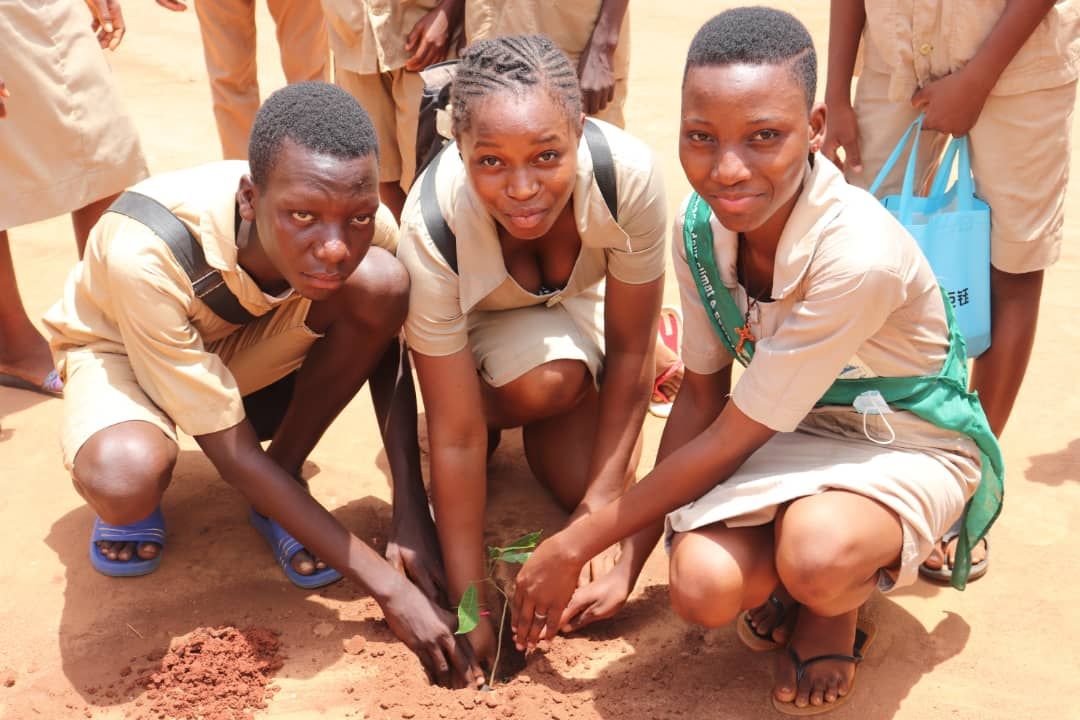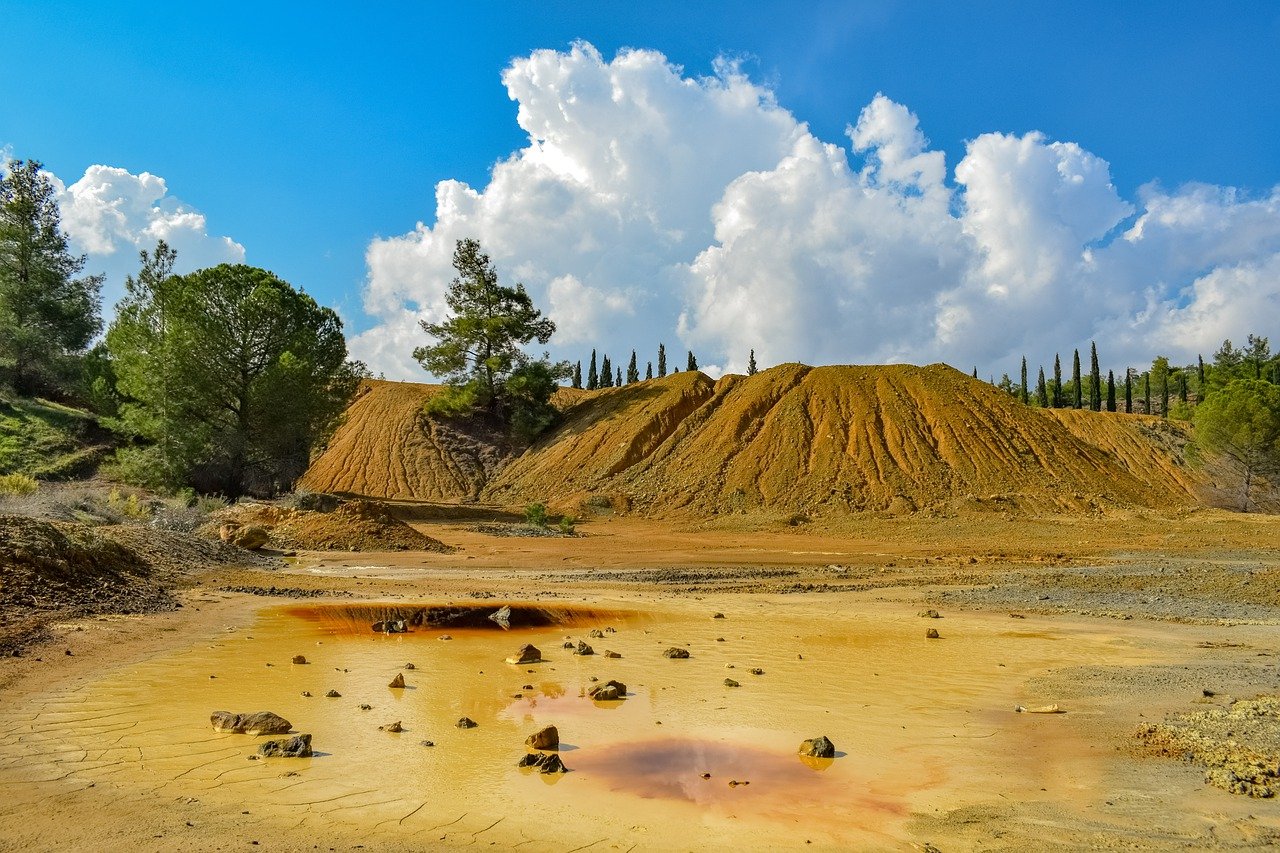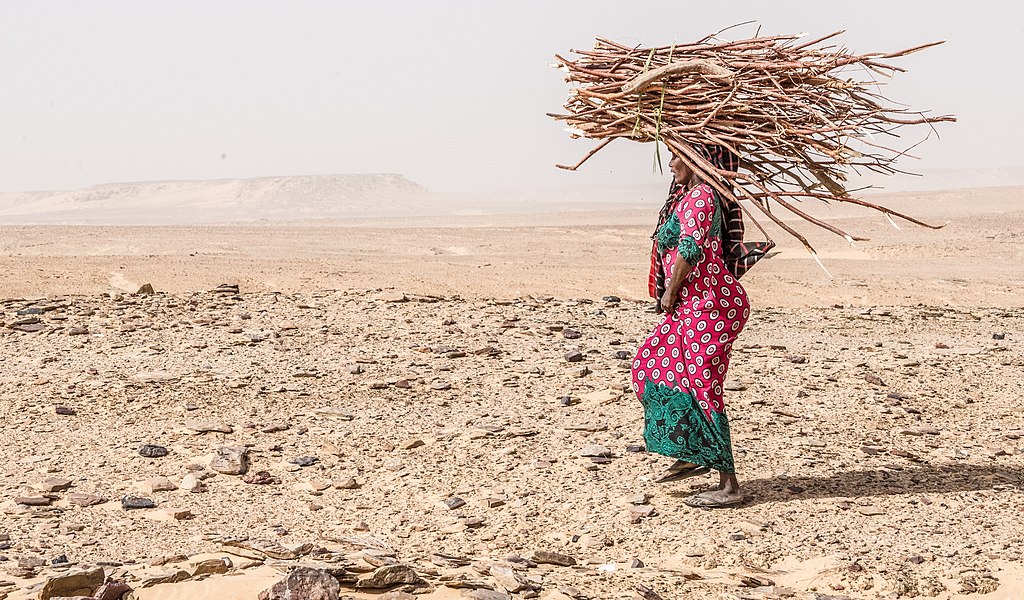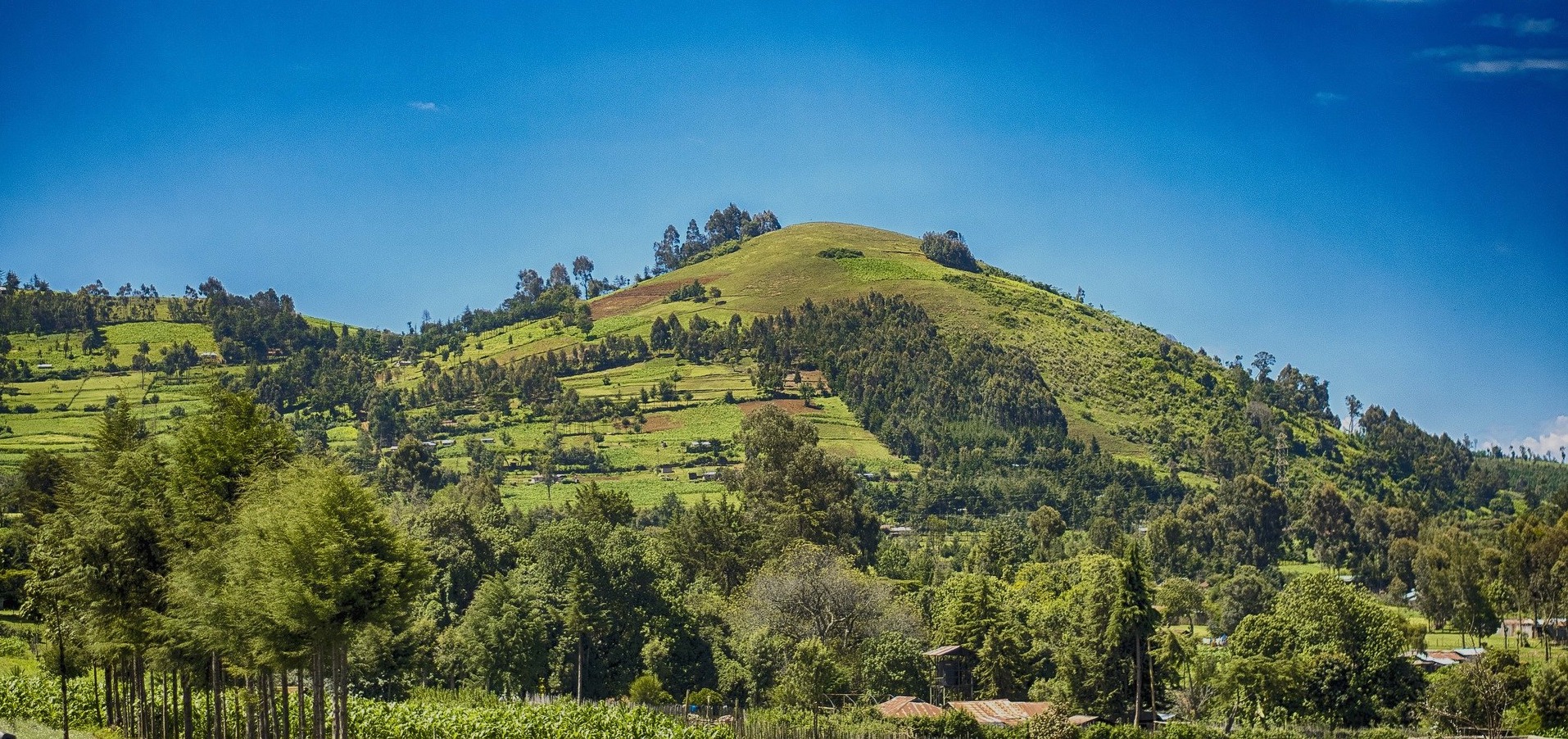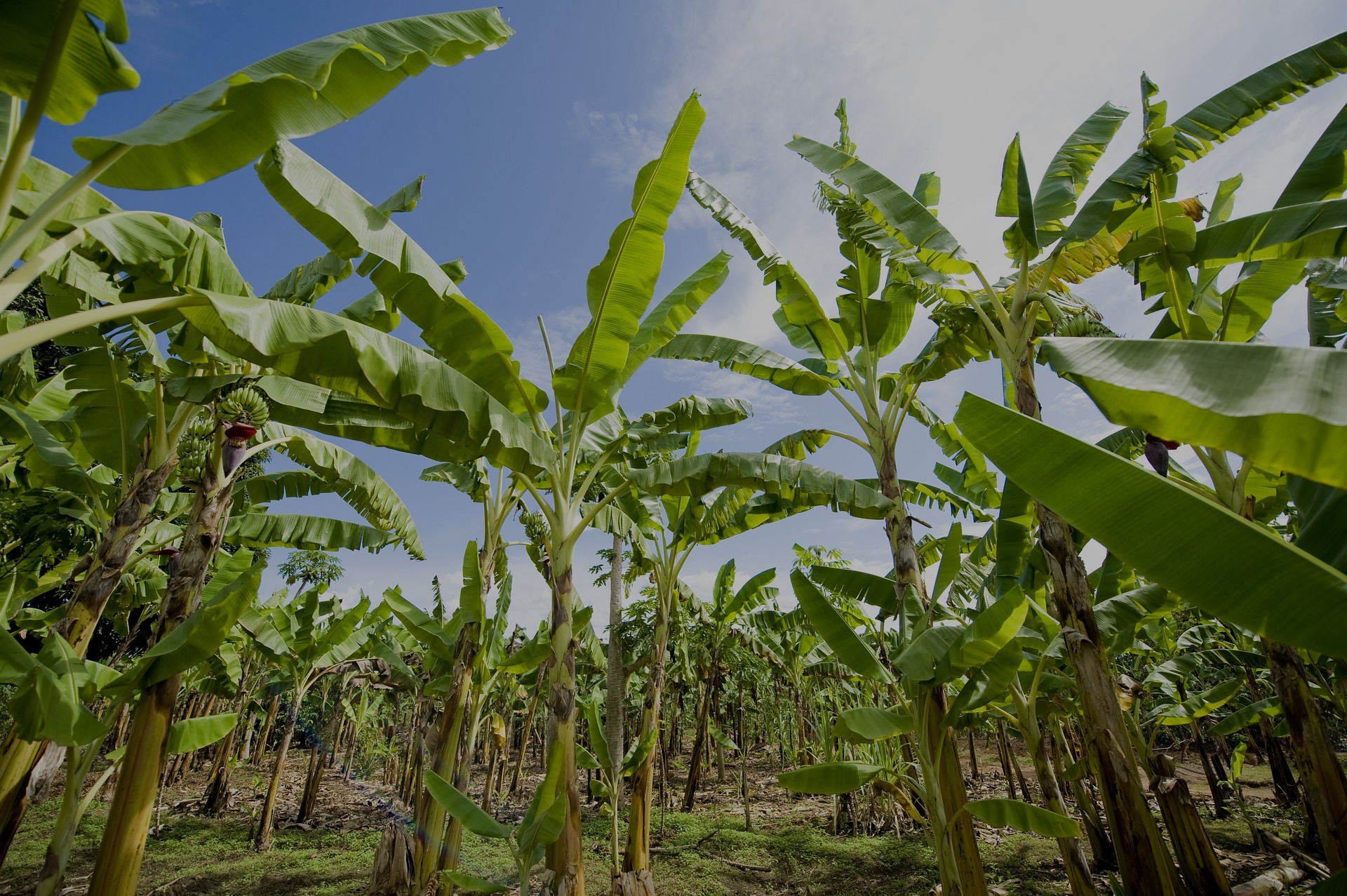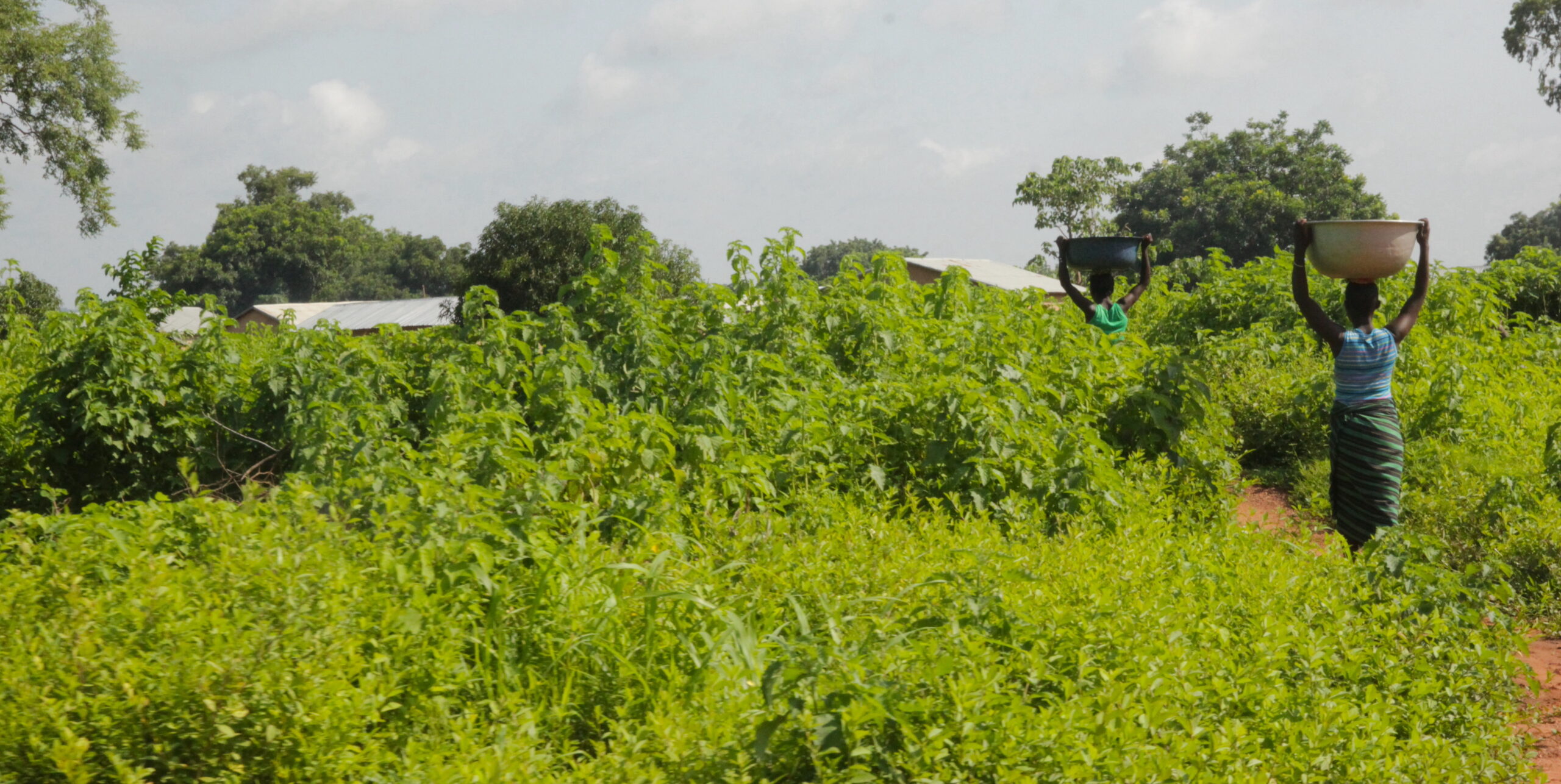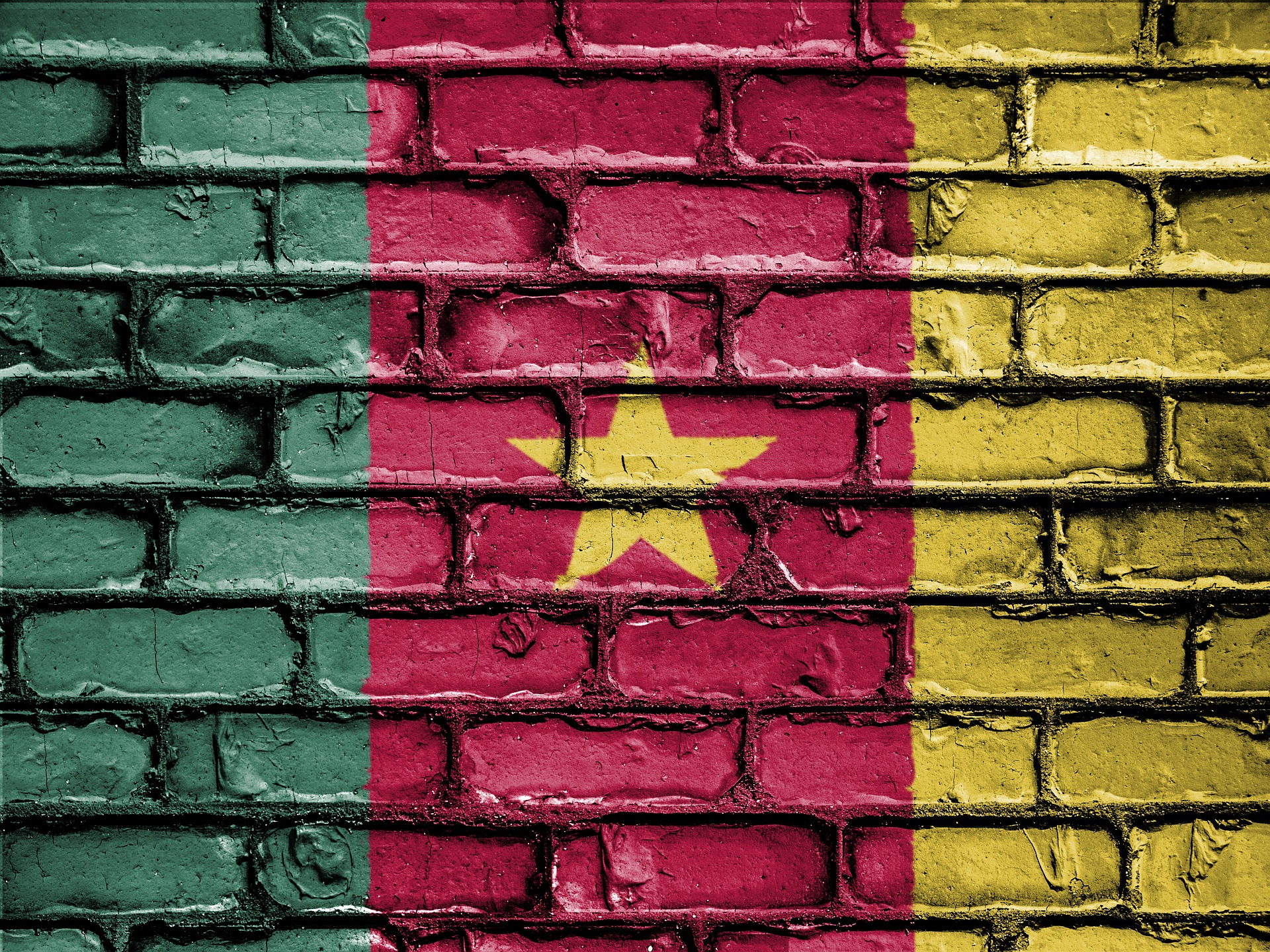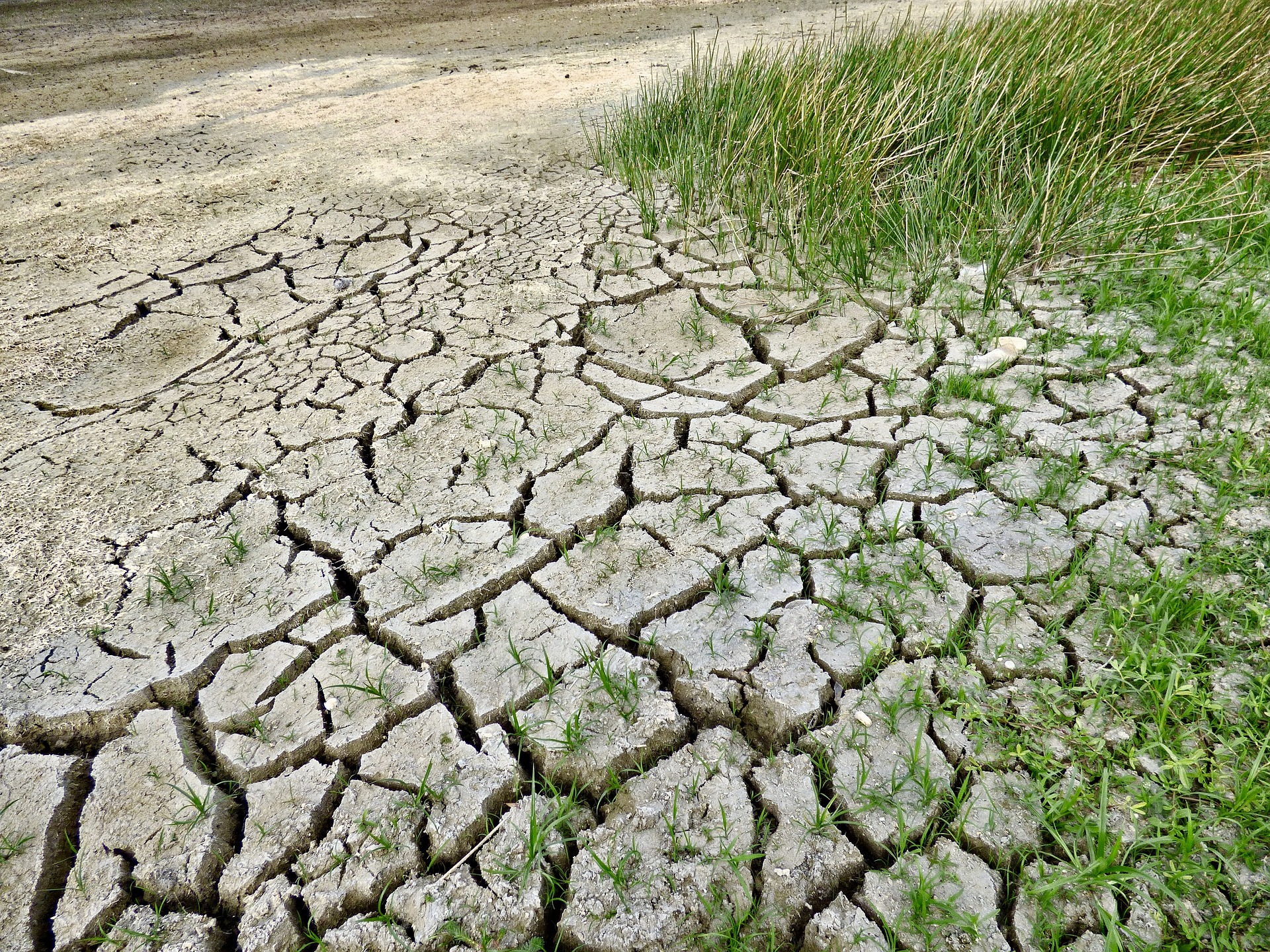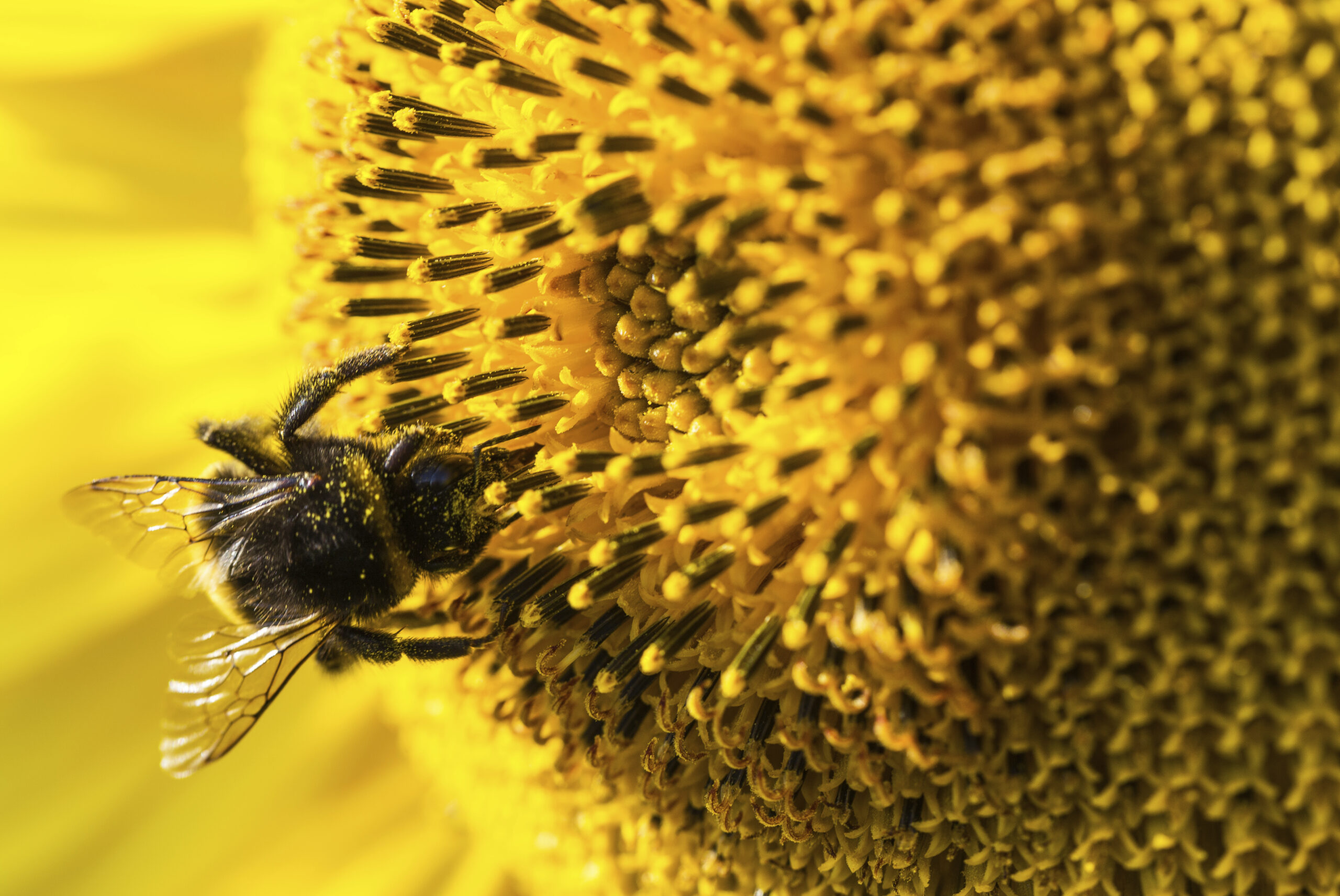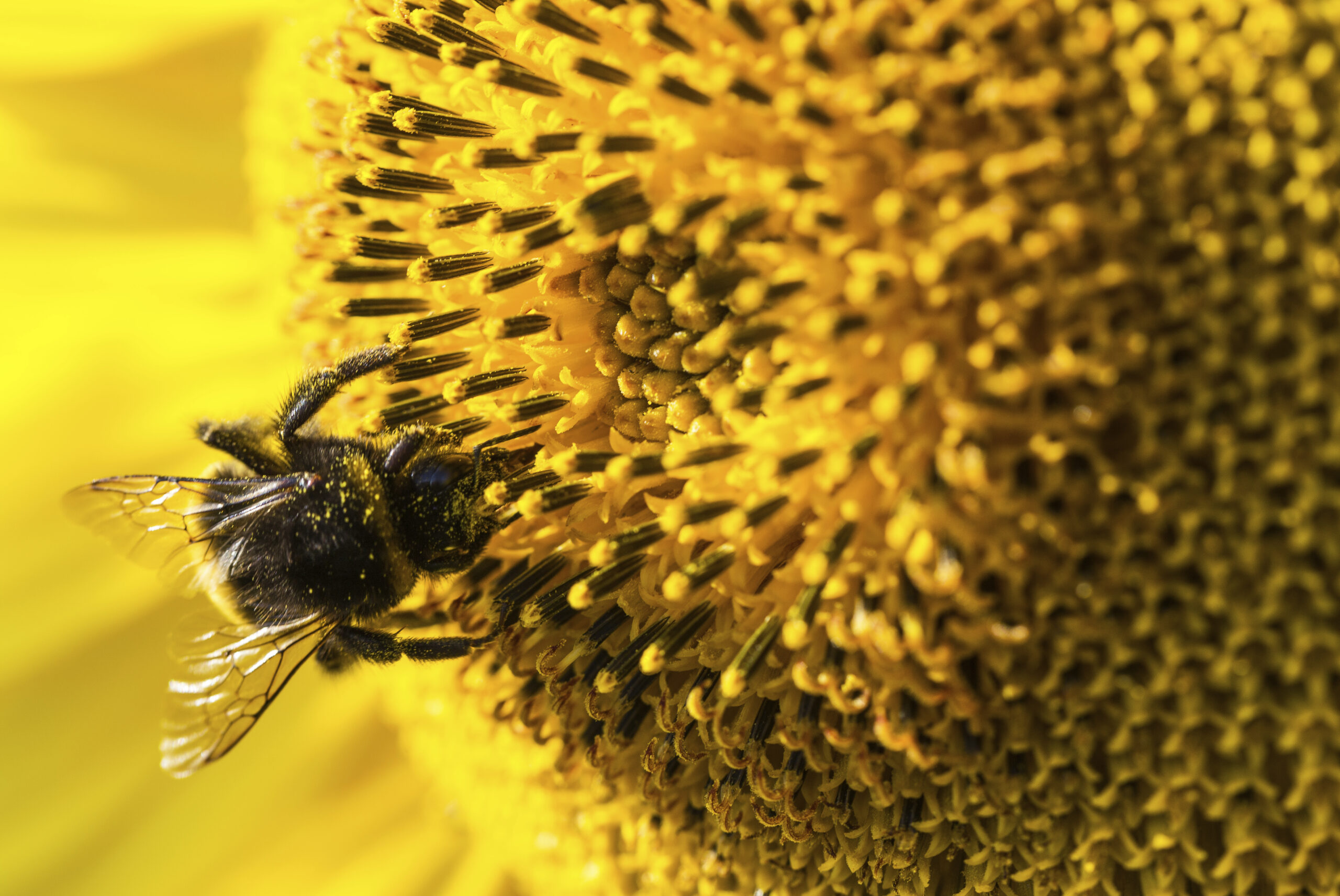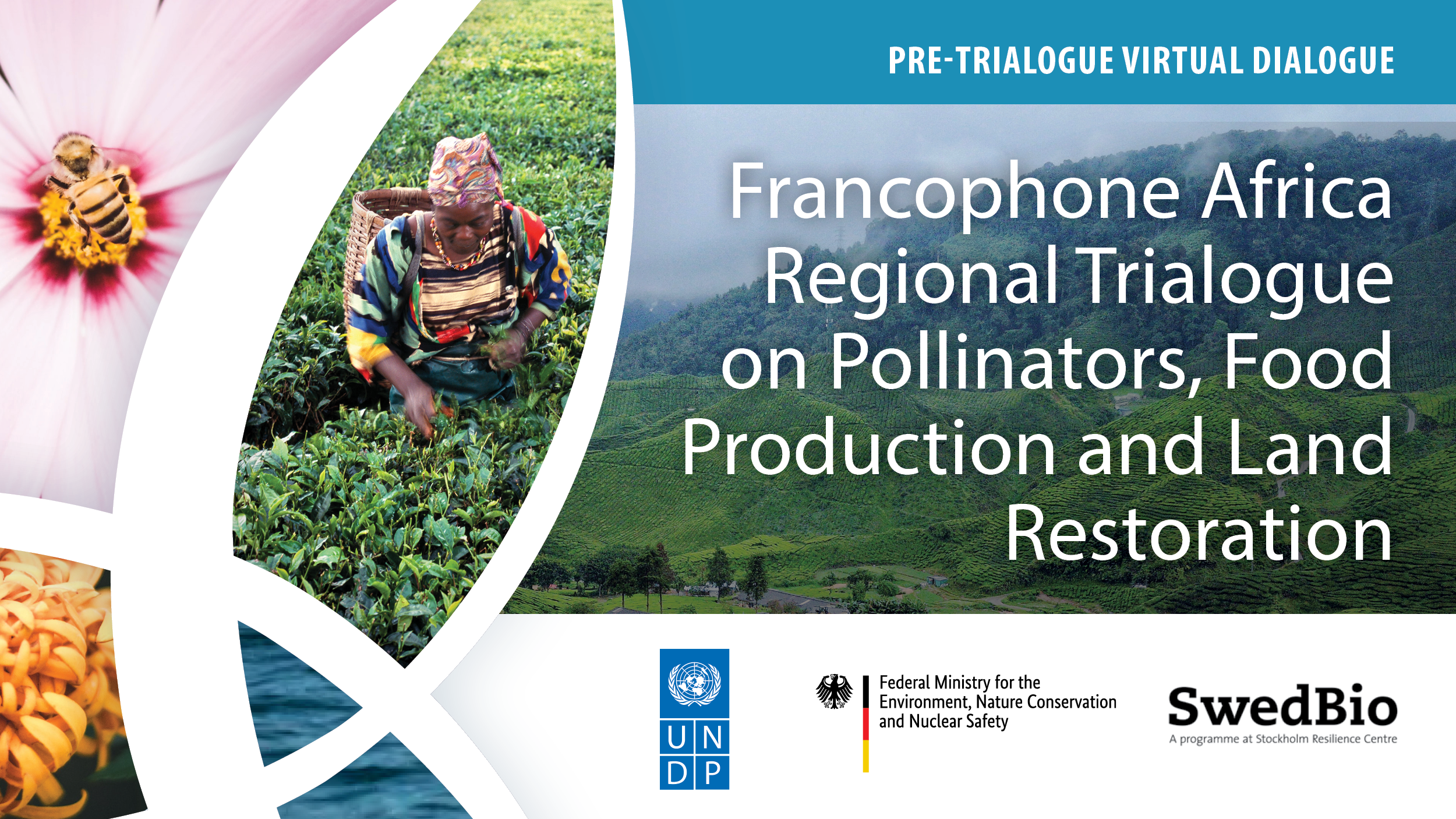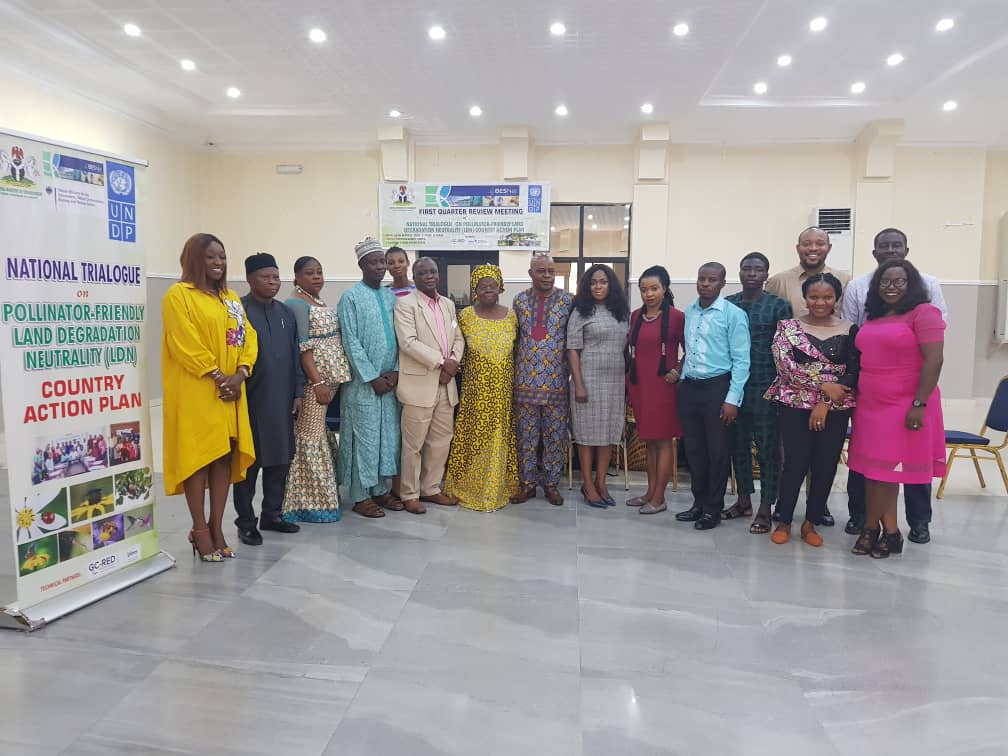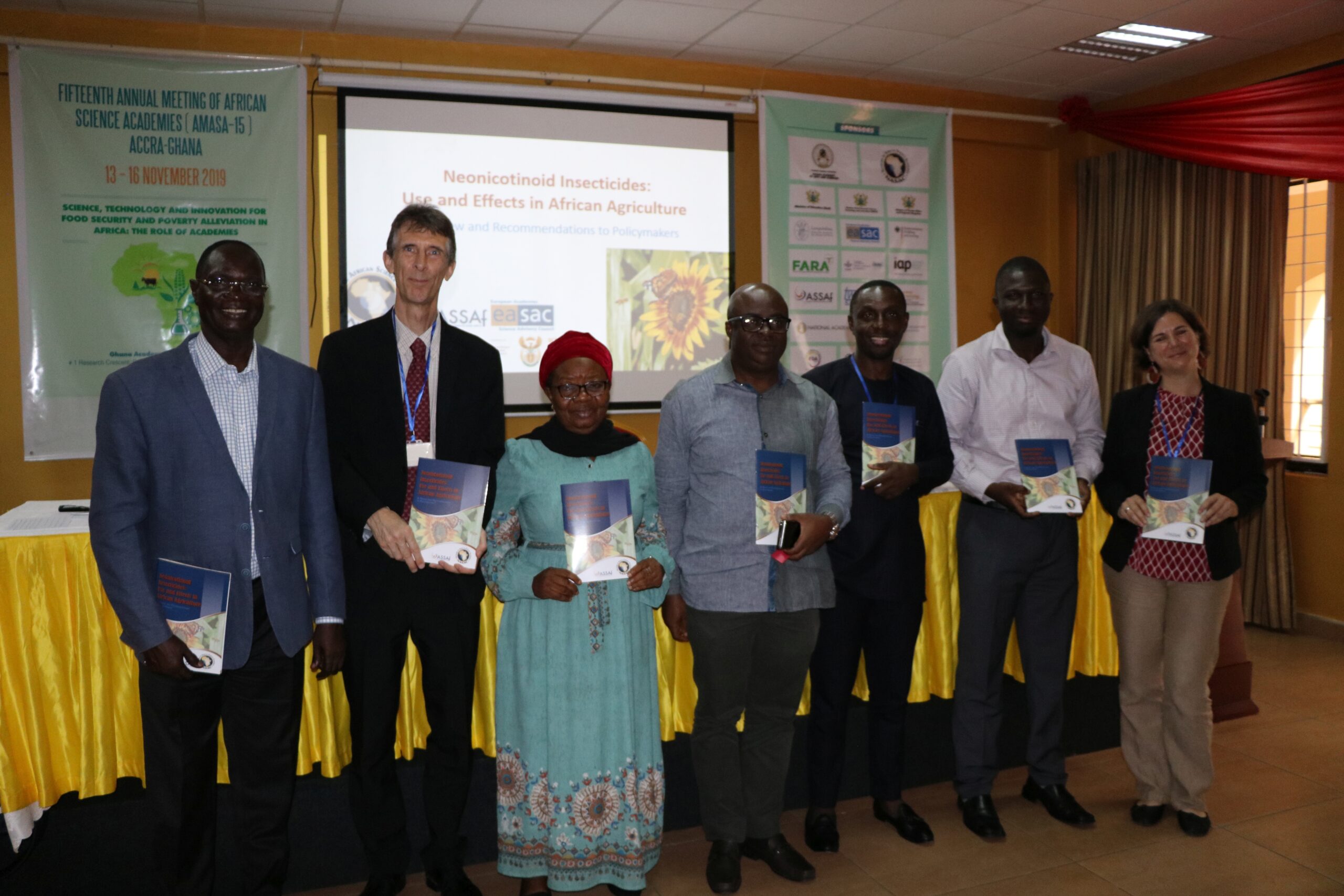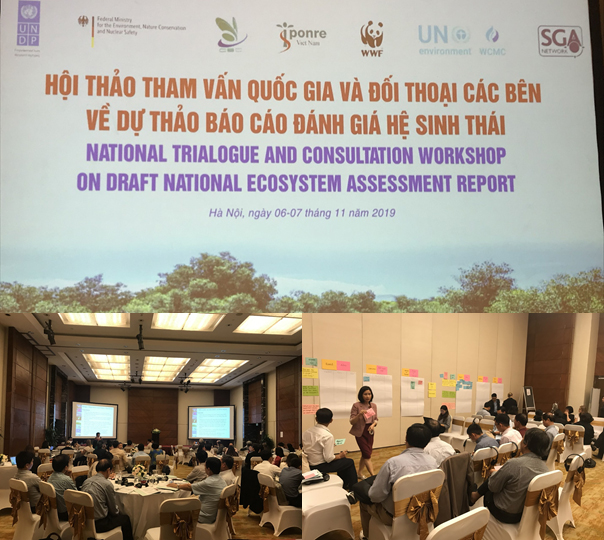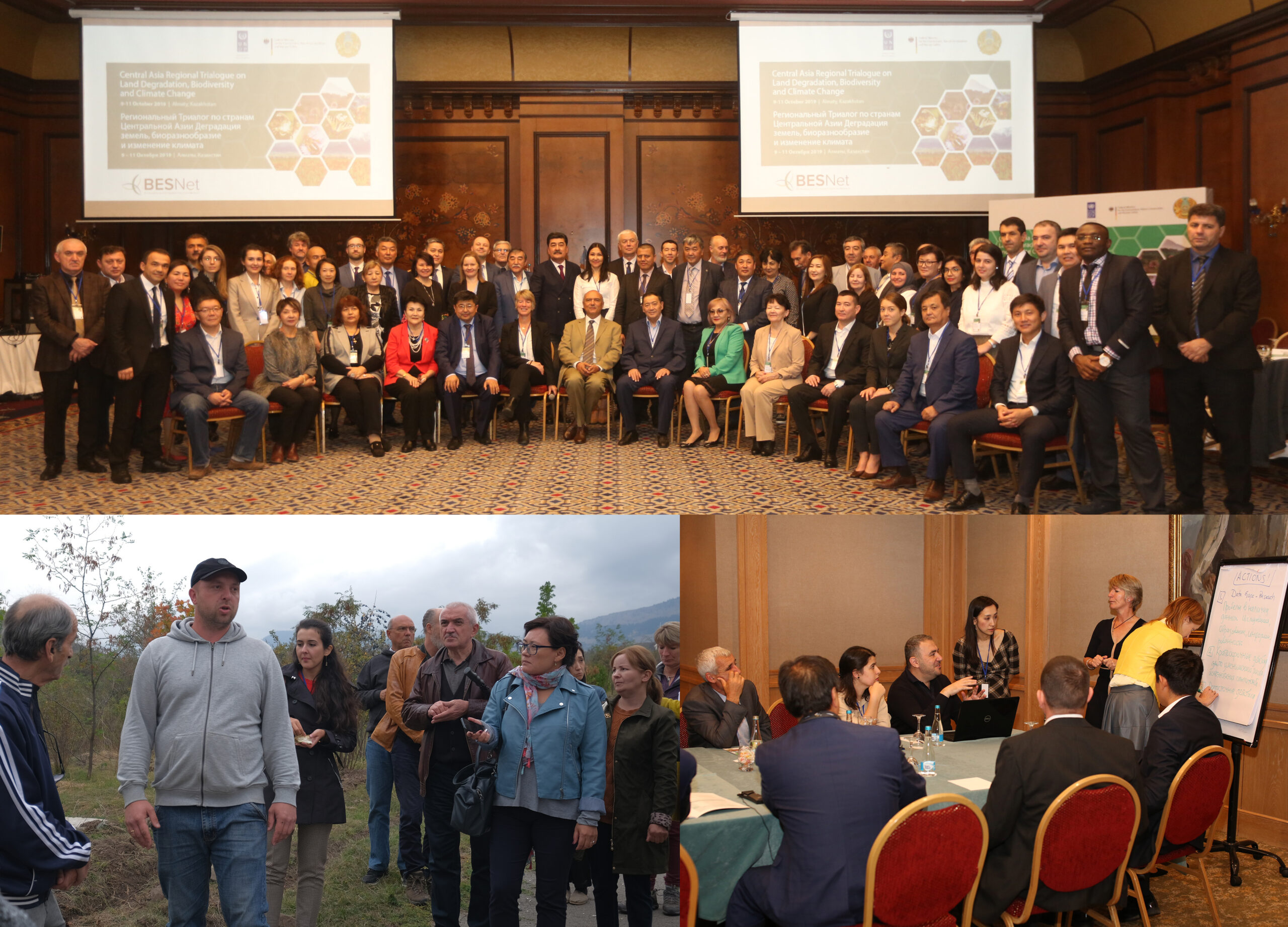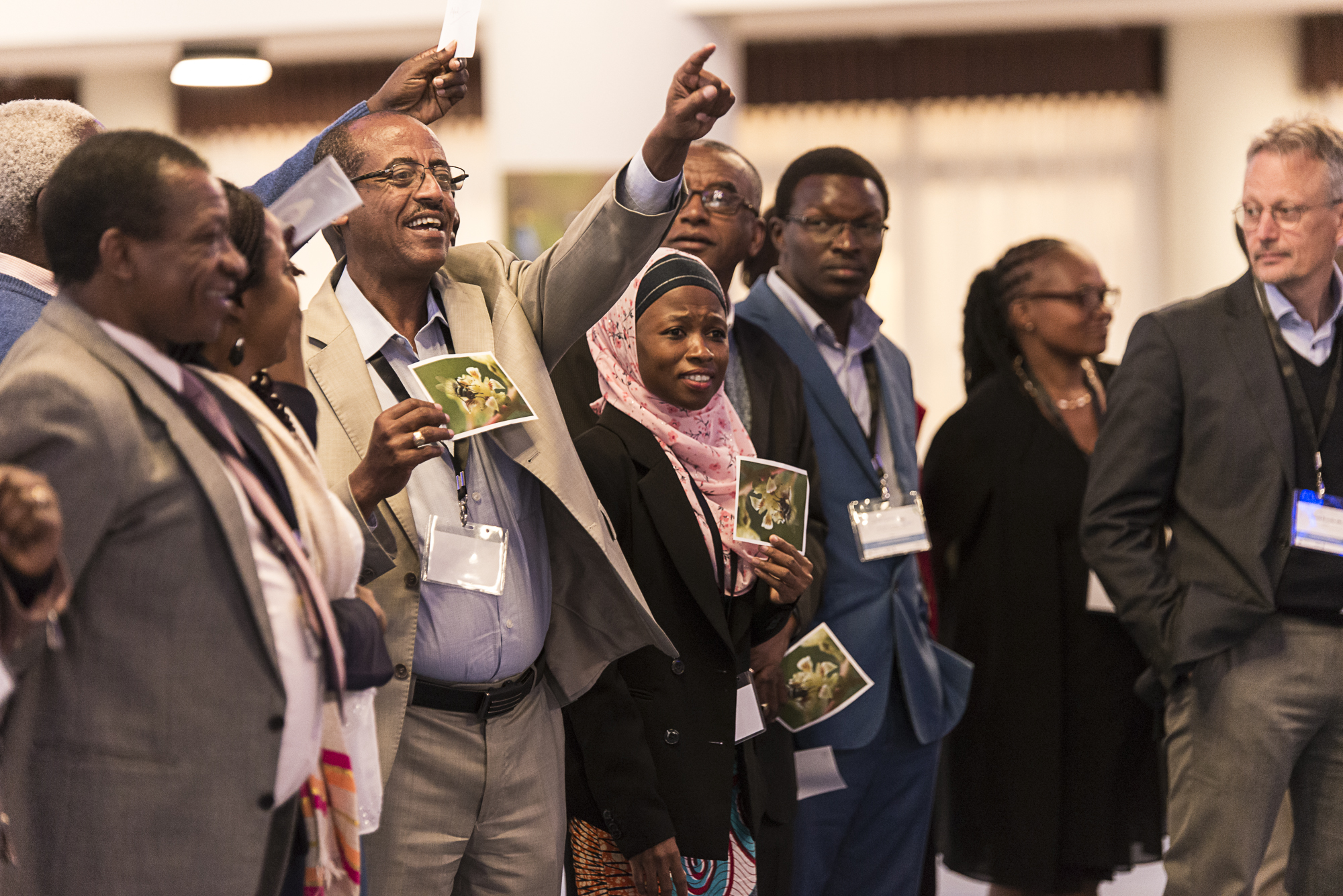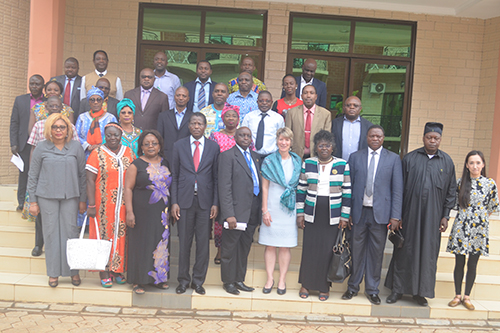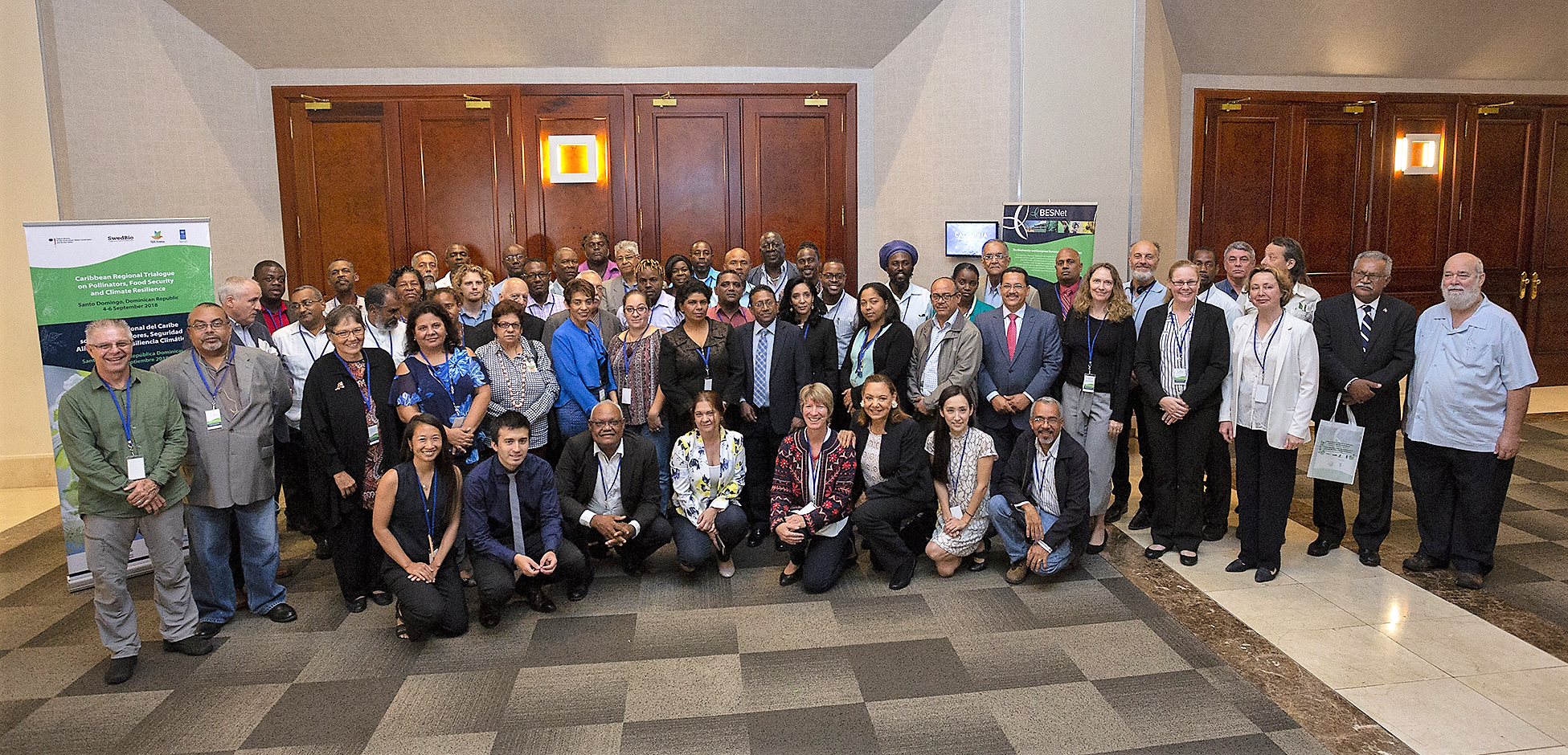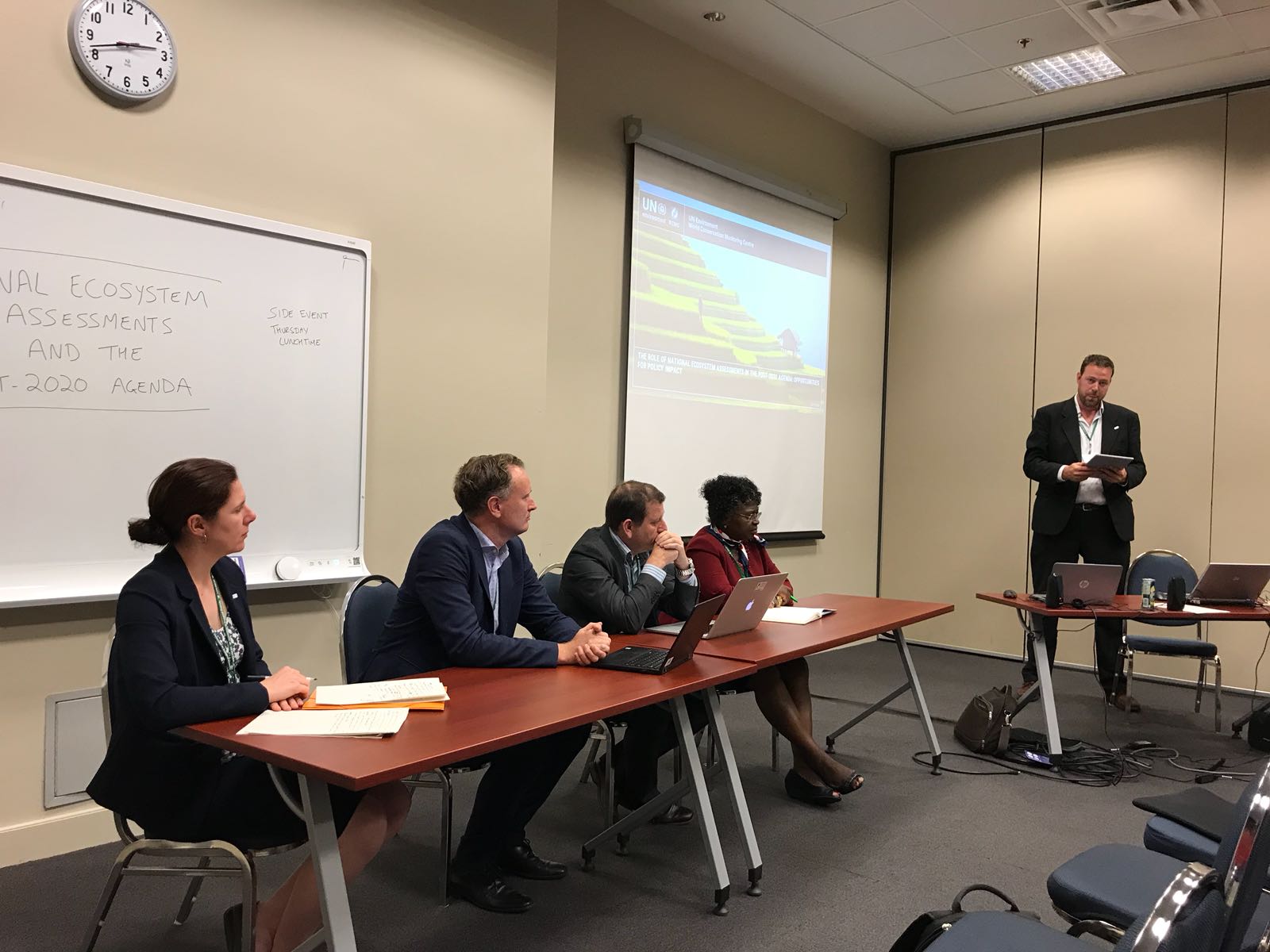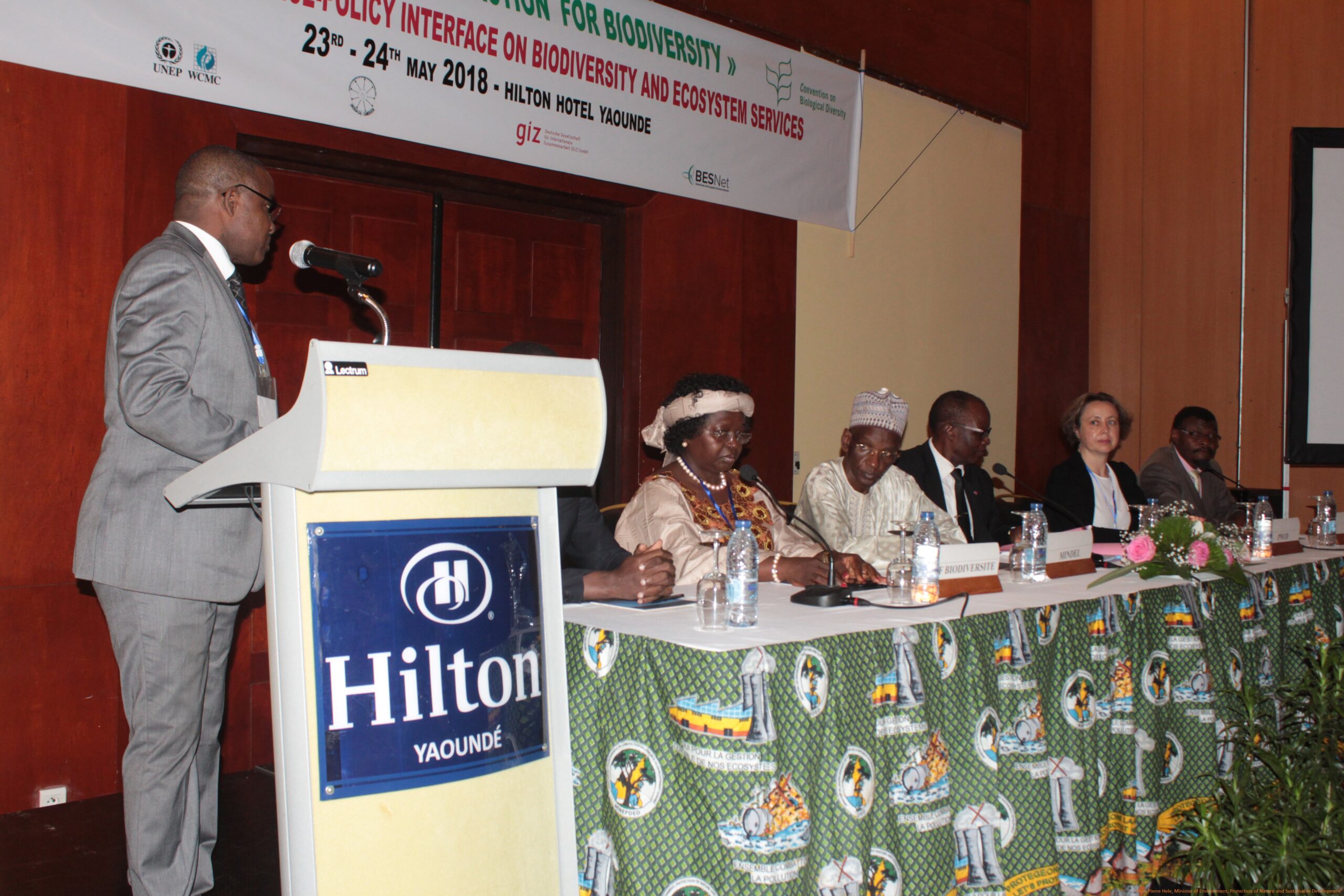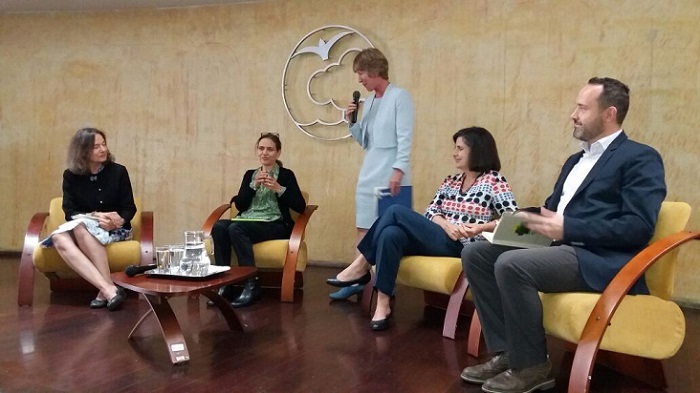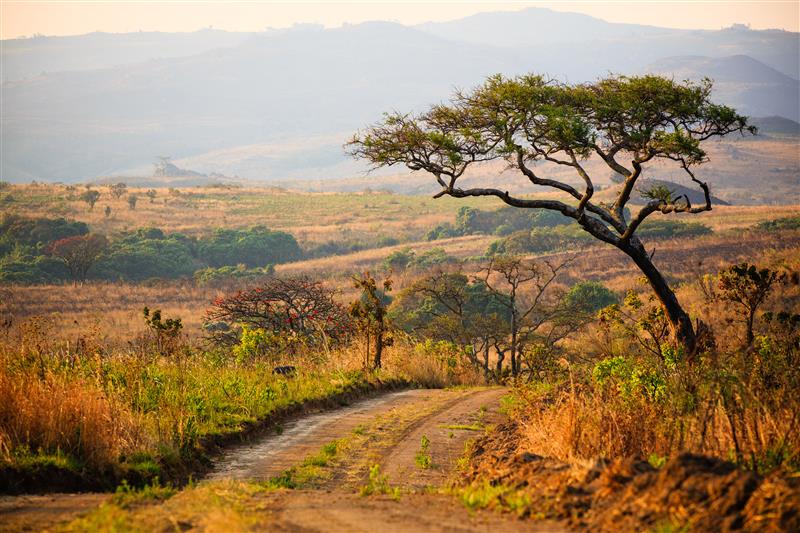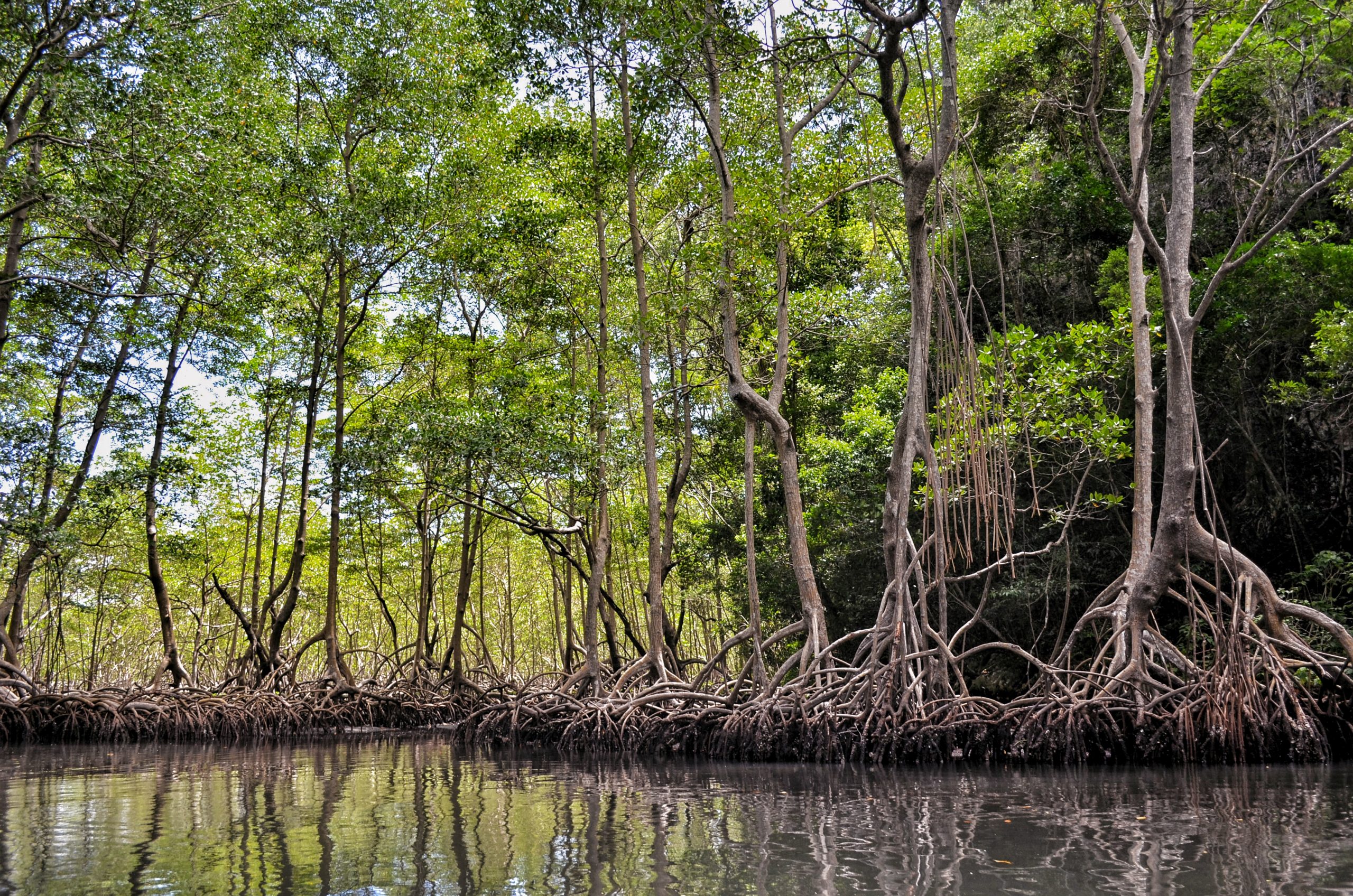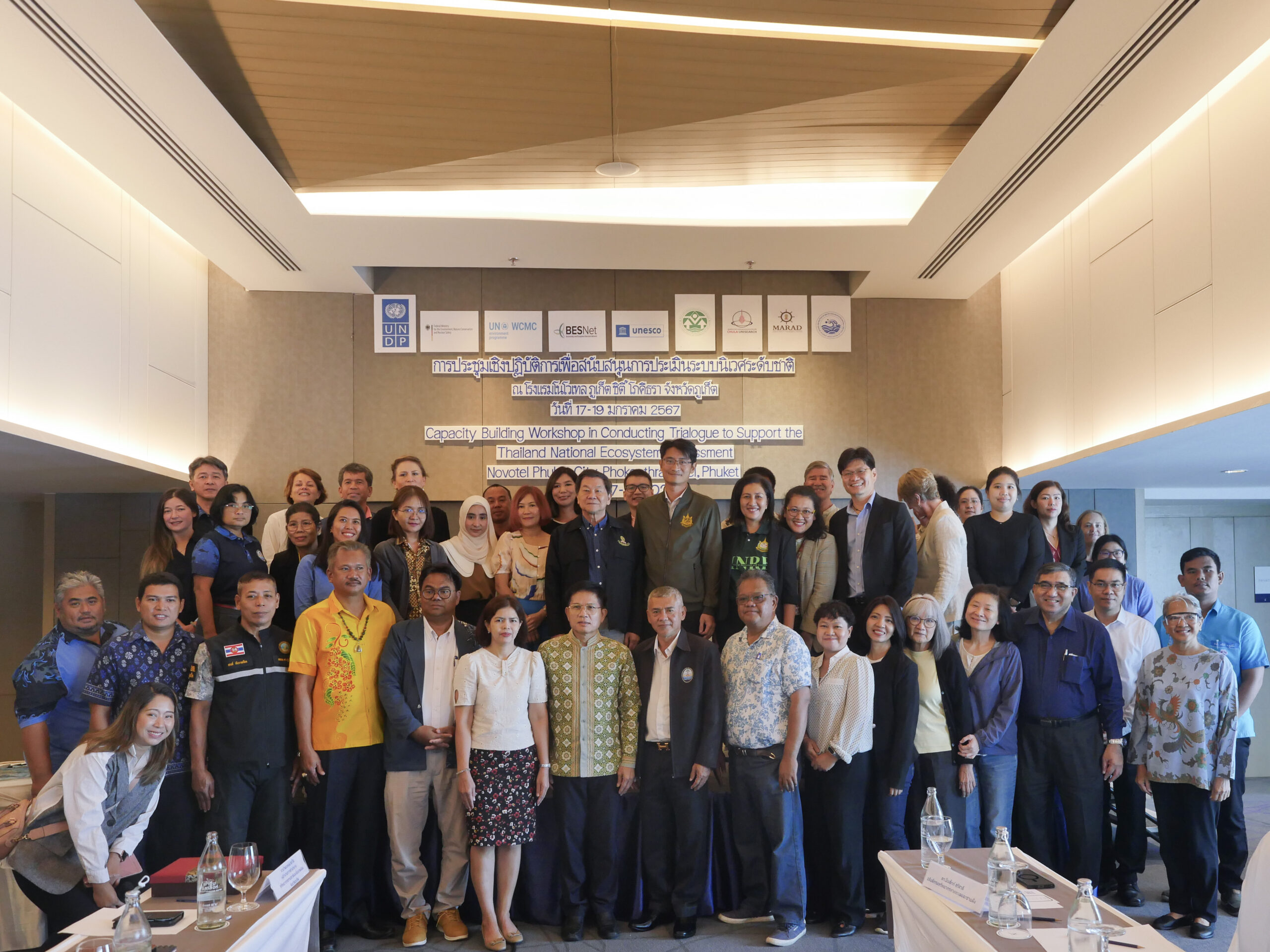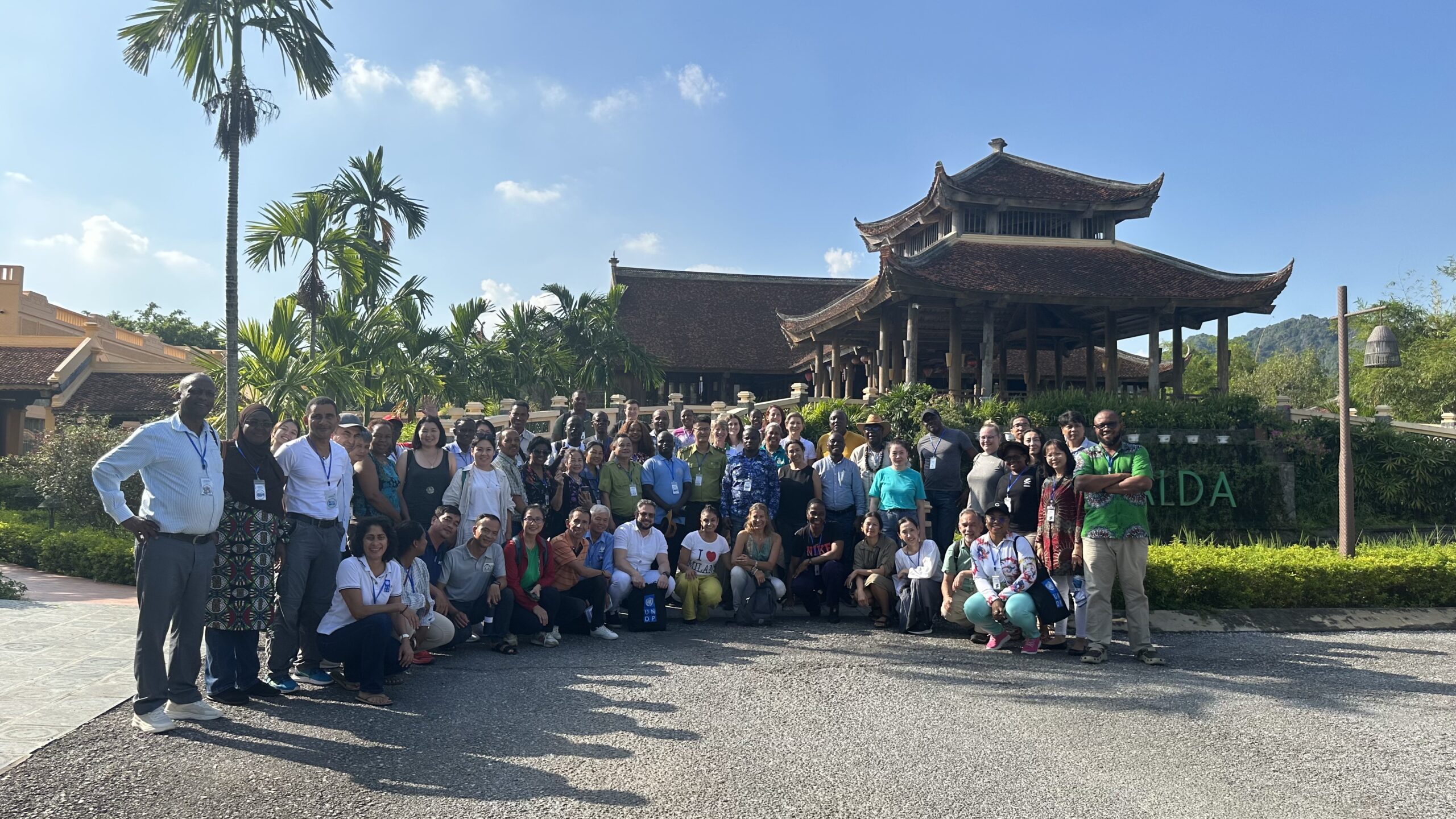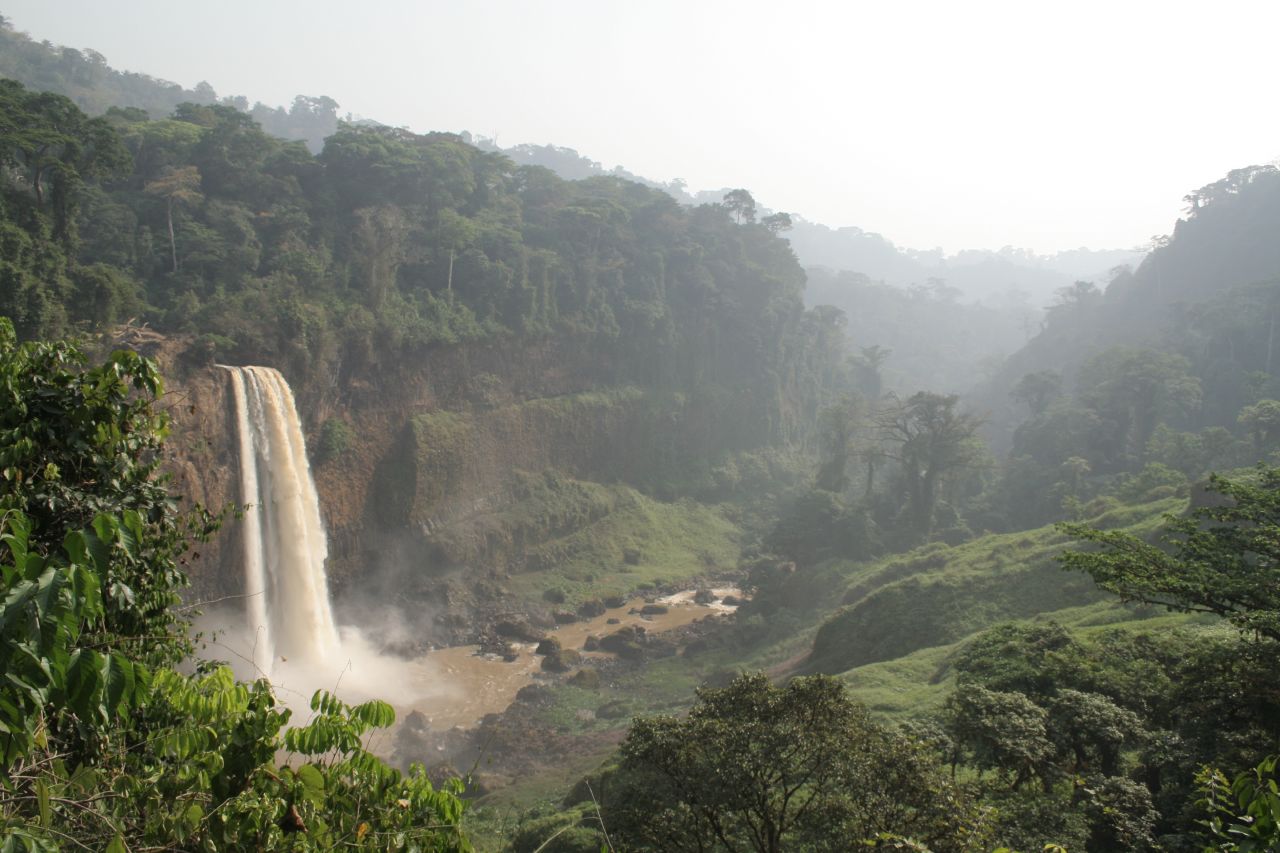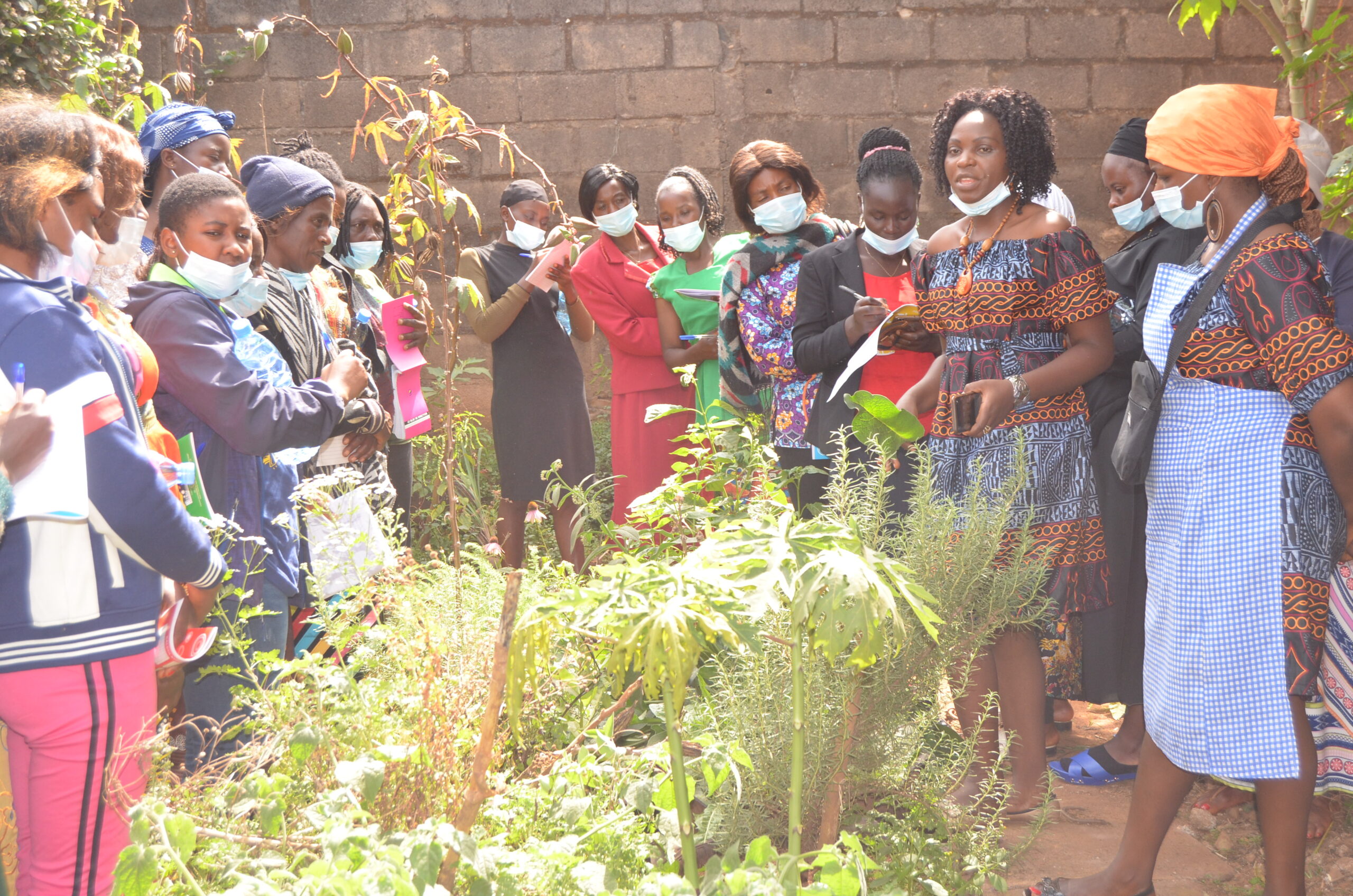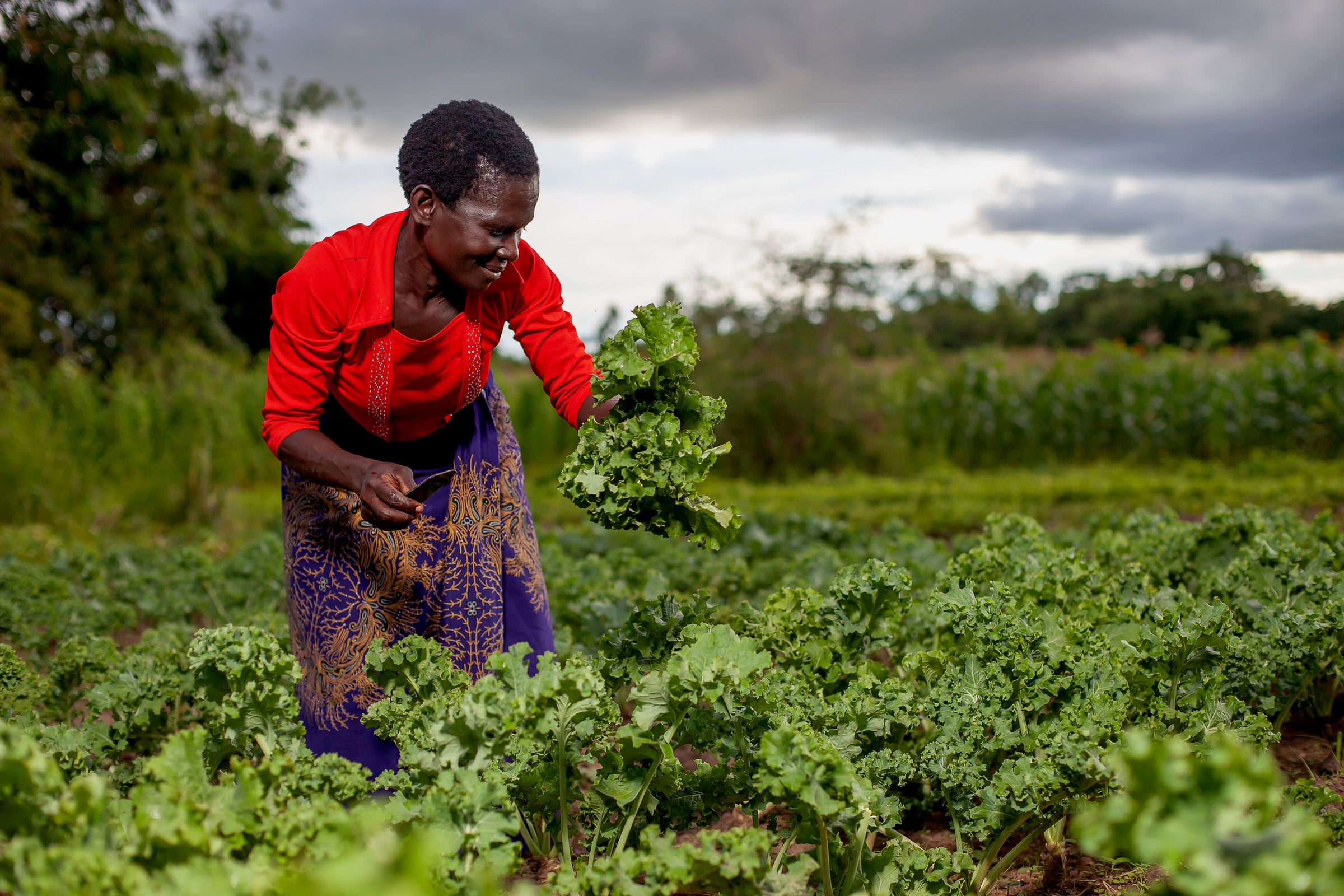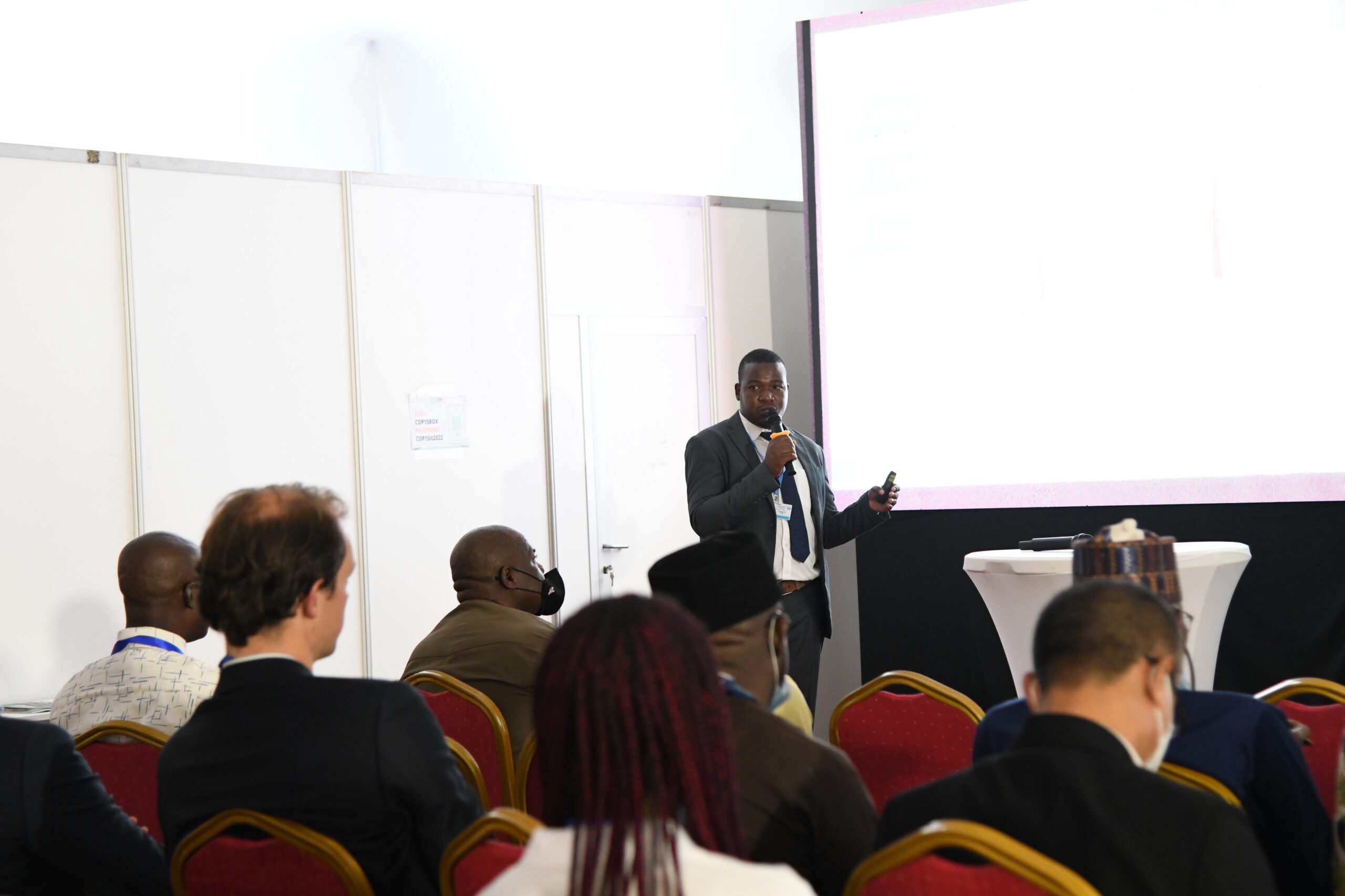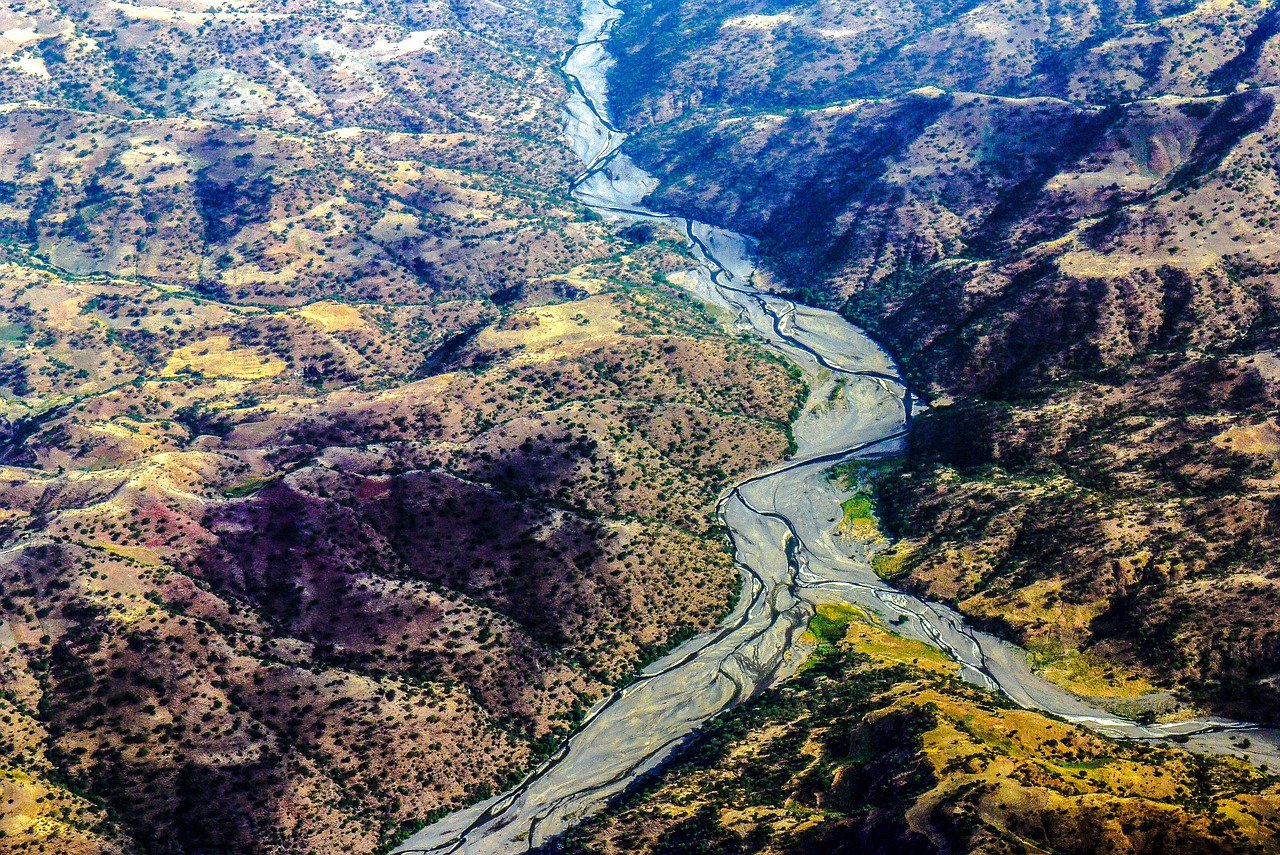Land degradation is one of the world’s greatest environmental challenges. Africa is particularly vulnerable with two thirds of its land surface estimated to be already degraded to some degree, affecting at least 485 million people, or 65% of the entire African population. The degradation of land and associated key ecological services, such as pollination, erodes the foundation for agriculture production and achievement of sustainable development goals (SDGs).
In the context of the COVID-19 pandemic, combating land degradation has become an overarching priority in order to protect the biodiversity and ecosystem services vital to all life on Earth and to ensure human well-being.
The Regional Trialogue for Francophone Africa on ‘Land Degradation Neutrality (NDT), Pollinators and Agricultural Productivity’ will be the fifth in a series of regional Trialogues aimed at strengthening dialogue between various stakeholders in the sectors of science, policy, and practice. It aims to jointly review the key messages of the two inter-linked IPBES thematic assessment reports, as well as the regional report and to assess their relevance to the ongoing efforts to achieve LDN, SDG 15.3 and other land-related SDG targets.
Participants will jointly explore the opportunity for “bright spots” of practical measures that harness biodiversity and ecosystem services in ways that simultaneously contribute to the achievement of the SDGs on LDN, climate change and the post-2020 global biodiversity framework.
A particular emphasis will be given to indigenous peoples, farmers and private entrepreneurs efforts to improve food production through pollinator-friendly agroecological systems, while combating land degradation and building resilience to climate change that can be replicated and contribute to national LDN objectives.
Target countries:
Benin, Chad, Cameroon, Cote d’Ivoire, Democratic Republic of Congo, Togo, Senegal


